
How what you wear speaks volumes
M
any years ago, I worked with a financial analyst in the energy sector. She was to deliver a presentation to four separate audiences in LA, and the topic was “Why I Never Bought Enron.” The people she would be addressing were shareholders and board members.
We had a slam-dunk report for them but she was uneasy. These were all Ivy-league types and she was the daughter of a detective, from Queens. She felt the difference, keenly.
So I suggested we style her as one of them: pearls, sweater set, black headband etc. I told her it would help her feel more at ease and it did the trick.
She was relaxed, thoroughly prepared and able to stay in the moment. She got spontaneous applause at 3 of the 4 meetings.
What you wear when you’re presenting matters quite a bit. Before you can open your mouth, your appearance is sending out messages. Make sure that you know what those messages are saying.
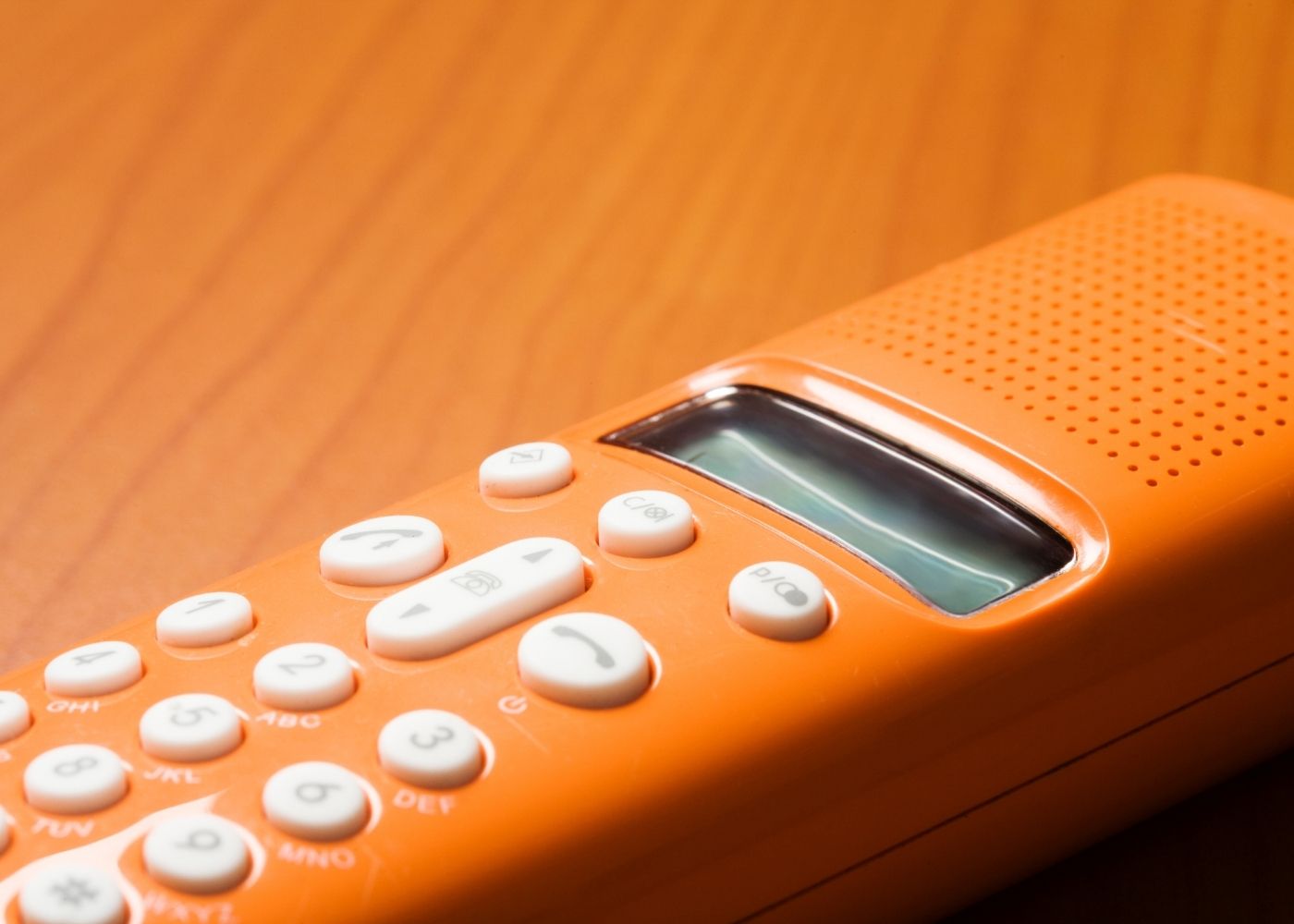
Phone skills- for when texts or e-mails won’t get the job done
M
y new headset for my landline finally arrived, after twice receiving headsets for cell and computer pairings. Audio quality is essential for my coaching calls, when I need to clearly hear someone, rather than see them.
Phone skills are important in business, when texts or e-mails won’t get the job done. It’s both what you say and how you say it that sends a message. Here are a few tips to get the best mileage out of your time on a call:
- Stand rather than sit; you’ll get better vocal production out of yourself, and you’re not tethered to one place (I like to walk around and talk with my hands on calls)
- Make sure that you know where the mic’s sweet spot is, and adjust it accordingly
- Never eat or drink while on a call
And if you’re using your cell phone, get a headset that pairs with it so you can be free to move around or take notes.

You don’t get rid of fright, You manage it!
Recently my colleague Tina Larsson asked how to get rid of stage fright. My answer is you don’t get rid of it, but you learn how to manage it. Here are some tips for wrangling that energy to your benefit:
- Be prepared. That’s going to do the most for your confidence. Knowing how to prepare is something I find most people are fuzzy on, so I’ll delve into that another day.
- Limit your caffeine and sugar intake on the day you present, so you don’t get an adrenaline spike mixing with a sugar spike.
- Visualize yourself delivering your message: strong, confident & having fun.
- Have a mantra at hand (in mind), to inspire you to a better performance.
- Drink plenty of water, which is the speaker’s drink of choice. Not carbonated or cold water though, cold chills your voice cords which can send your pitch up.
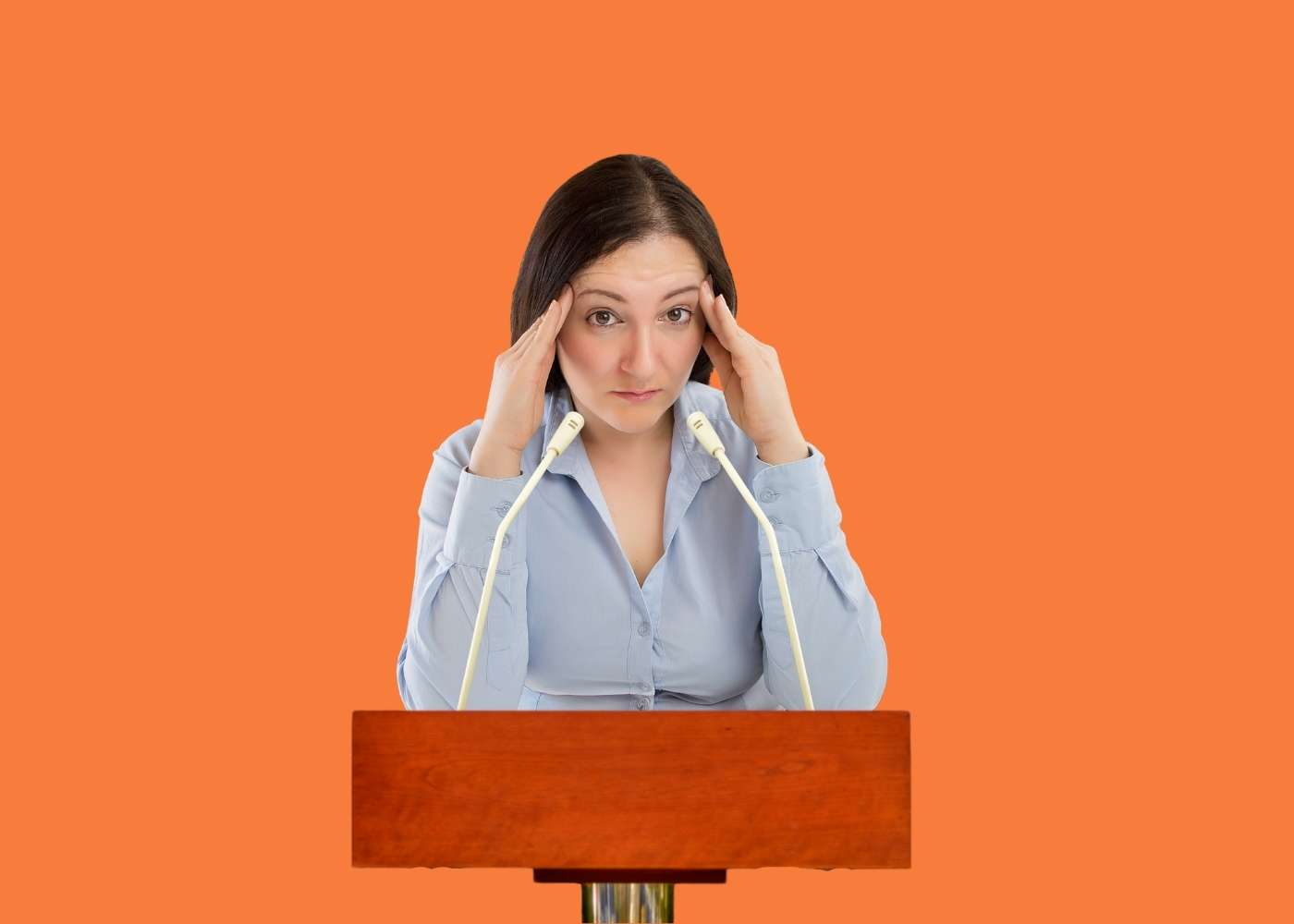
Managing Stage Fright
Plenty of people, myself included, have experienced fear before getting in front of an audience.
“You manage your emotions or your emotions will manage you.” John Wooden.
“You manage your stage fright, or your stage fright will manage you.” Katie Karlovitz.
It’s normal and it’s also manageable. The first thing is to accept and expect that you’re going to have some respiratory changes- quickening heart rate, dry mouth, slight shaking etc. Here’s what you do:
- Get your breath under control with deep breaths from the diaphragm; once that’s under control the rest of your body will start to settle down and relax.
- Sip room temp water to stay hydrated; ice water only makes your vocal chords constrict and makes your pitch go up.
- Limit your caffeine so it’s not mixing in with your adrenaline and causing energy spikes.
- I’ve experimented with Bach Rescue Remedies, herbal teas and also visualizations.
- DO NOT drink alcohol or take sedatives to blunt the nerves as they will affect your motor control and send the wrong message.
There’s nothing worse than the terror of being in front of an audience and feeling helpless and out of control. Stress tests have clinically shown that the fear of going on stage equals the fear of going into battle, which explains the “fight or flight” response that so often kicks in before giving a speech. It’s time to confront this head on, because too many good people are being silent when they should be speaking up.

“You’re not really drunk until you are speaking fluent Ozzy Osbourne”
OK
, a quick shout out to all the people who have asked me if it’s OK to have a drink to calm down before giving a speech: the answer is NO.
The reason: you want your mind alert and in the flow. A drink will impede this and muddy your message.
Instead, experiment with organic methods which reduce and limit feelings of anxiety.
1) Chamomile tea, or any herbals meant for relaxing.
2) Bach Rescue Remedy- they have tinctures that work for various types of energy issues.
3) Relaxation/visualization exercise of yourself, standing in front of your audience, and speaking to them in a calm, commanding tone.
Drinking is never a good way to prepare for speaking in public. Your speech, your reflexes and your mental acuity all get involved. Think about how you want your audience to see you.
Let them see you shining your light, in all its undiminished strength and glory…then you can have that celebratory drink!

Be Yourself; Everyone Else Is Already Taken!
“
“Be yourself; everyone else is already taken!” Oscar Wilde

It’s pretty easy to spot the guys who are doing their best Gary V impressions… I get light-headed waiting for them to breathe. And while it’s worked well for Gary, everyone else comes across as a wannabe Gary.
The beauty of originality is its singularity. Everyone has their unique fingerprint and voice print and personality. You’re far better served to understand more about what makes you interesting than trying to copy anyone else. Because no one does you like you do you.

Networking Turn-Offs
“
“Networking is an essential part of building wealth.” Armstrong Williams
BC (before Covid) I used to attend a fair number of networking events. There were fabulous breakfasts at Morgan Stanley (thank you Sarah Beane Ricca CFP®, CDFA®, lunches, dinners, cocktail parties, boat trips etc. I learned a lot about networking, and how to be strategic with the events and connections I made. I also observed a few obvious errors in etiquette. Are you committing any of them?
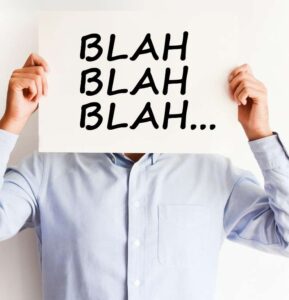
1.Rattling on and on is the number one offending behavior. This isn’t the place for giving your elevator pitch, yet that’s exactly what several people were doing. Or else they were launching into long stories and monologues, never coming up for air. Trying to sell someone something during your first conversation is like planning your wedding during a first date. Don’t do it, and don’t let others do it to you. The fix: listen more than you talk, ask questions and be present.
2.Scanning the room while having a conversation with someone is just plain rude. And apparently it happens to the best of us-this from Richard Branson, of all people: “I sometimes come across people in business, especially if they have been fortunate enough to have some success, that are very fond of their own voices. After saying their piece, they visibly switch off from what others are saying, offering a perfunctory nod or fiddling with their phone, rather than making eye contact and really engaging. Conversely, the most successful entrepreneurs I know all have excellent listening skills in common.”

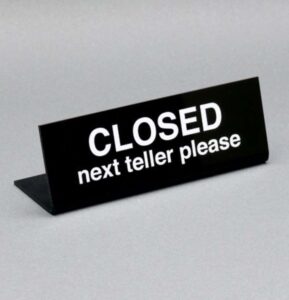
3.Making little or no effort to engage in conversation, which is the opposite of number 1. If you find yourself getting nowhere fast with someone, move on. If someone isn’t willing or able to meet you half-way in small talk, you don’t want to be doing business with them anyway. And don’t feel that you have to come up with an excuse for breaking away; simply say “Good to meet you.”
When the time comes (and it will) to return to live events, things will have changed and we’ll need to adjust. My best guess: we’ll need to dust off our business cards, wear what are called “power colors” in order to stand out visually, and pick up the phone to follow up. If your event has a speaker, always ask a question or two- again it allows you to stand out, and be heard.

Enough With Slap-Happy Webinar Hosts and Guests
M
y husband wonders why I watch so many webinars, often to complain about them later. I watch to try to learn new stuff, but the tone of many makes them irritatingly unwatchable.
When was it decided that when you’re on/camera, you have to present a hyped-up, big-smiling, wildly excited persona? We’re not selling used cars here, yet mute the sound and it sure looks like it. How many times can we hear “Awesome!!!” “Amazing!” “Great question!” “I’m so excited about this webinar!” without running out of the room in despair?
It can be exhausting just trying to figure out what they’re actually talking about, which too often is precious little. After all that fuss.
Please take a moment to consider who you really are and how to project that on/camera, rather than copying what you see others doing. One Gary V is enough. A few tips on being authentic on/camera:
- Be prepared. If you’re working with scripted material, rehearse it until you’re comfortable and know the flow of it.
- If it’s improvised content, know who’s involved and what the overall plan or goals are.
- Cool it on the caffeine. When we’re “on” we naturally get a spike in adrenaline, so we don’t need to add too much caffeine into the mix. Try herbal tea instead.
In the past week I’ve watched maybe eight webinars and of them, only one got it right. Three women shared the content seamlessly, all were well-spoken and prepared and none felt the need to gasp about how happy they were.

The result? An excellent listening experience for me, on the subject of mind set and how to manage it. Informative, uplifting and thank you to Judy Goss of What Women Want for hosting it.

Public Speaking 101: Use Notes
D
o you believe that a speaker working without notes is therefore ‘better’ than one who does use notes? I ask because a lot of people ask me the same question. If you’re giving a presentation you have to decide for yourself, should you:
And that’s all it takes! Follow one or all of these and you’ll be giving it less than your best, and putting yourself through hell, and abusing the audience as well. Or, you can do the opposite and give yourself a fighting chance. More on that, anon.
- Try to memorize your notes / script.
- Read your notes.
- familiarize yourself, using notes.
Memorizing takes a lot of bandwidth, trust me. Unless you’re naturally good at it, or have very little to say, I advise not even worrying about it. You should do what supports you best when you’re on, and not concern yourself with how ‘notes/no notes’ looks to an audience. Are they engaged, is what you want to concern yourself with.
Reading your remarks is OK, but only if you’re really good at it. Most people don’t have the training to bring words on the page to life, which is an art. Professional narrators know how to employ the technique, so you can study up on them. One thing you should never read are PowerPoint slides.

This is my advice for the average speaker who wants to do the best possible job. The more you review your content and practice it, the better you’ll be able to fully own it during your actual delivery. Use notes that help keep you focused on your message, but also allow you to tune in to your audience. Make sure the font is larger than usual. Use color or images in the margins, for emotional cues.
People with little experience in public speaking in general tend to underestimate what goes into “extemporaneous” talking- unscripted and improvised. It might look easy but that’s the beauty of excellent communication- it all seems so simple.
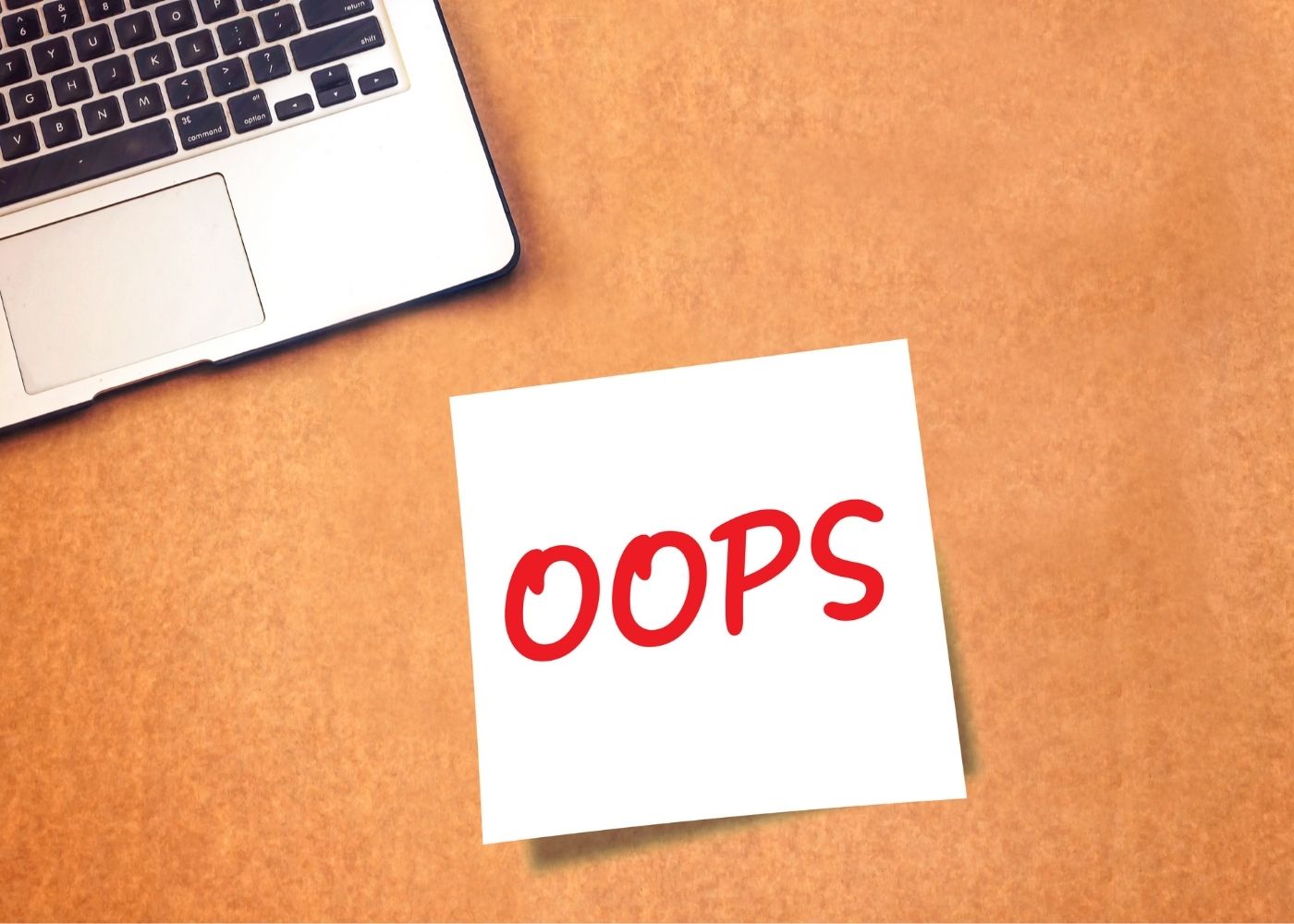
How To Screw Up Your Presentation
H
ow to screw up your presentation:
- Procrastinate. Wait until the last possible minute to think about your message, your intention and your knowledge.
- Once you’re good and nervous because you’ve waited so long, sit down in front of the computer to write your speech.
- Start typing whatever comes to mind. Spill it all out onto the page.
- Print it out in a size 10 or 12 font.
- Don’t rehearse. Don’t get to know it, or to own it. Just read through it to yourself.
- Drink lots of coffee on the day you present.
- Grab whatever clothes you want and same with shoes.
- Manage your stage fright by imagining your audience in their underwear.
- Start by telling everyone how nervous you are.
- Speak as quickly as possible, to get it over with.
And that’s all it takes! Follow one or all of these and you’ll be giving it less than your best, and putting yourself through hell, and abusing the audience as well. Or, you can do the opposite and give yourself a fighting chance. More on that, anon.
